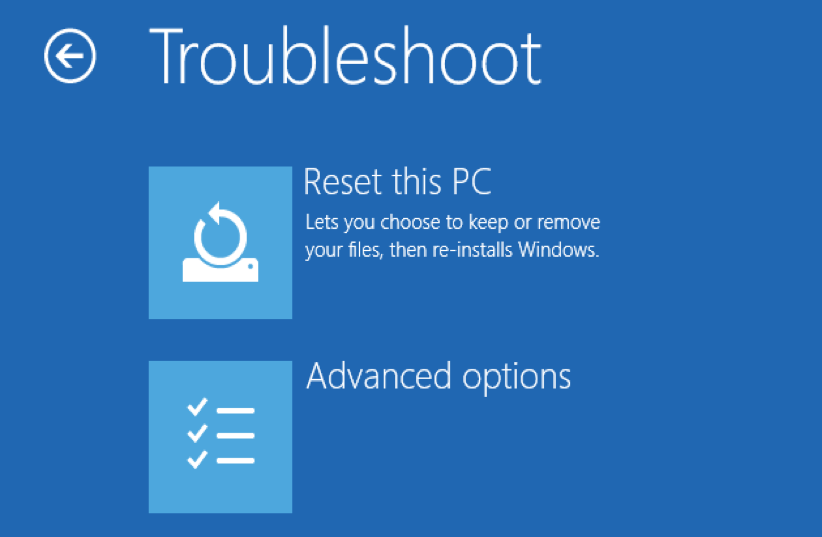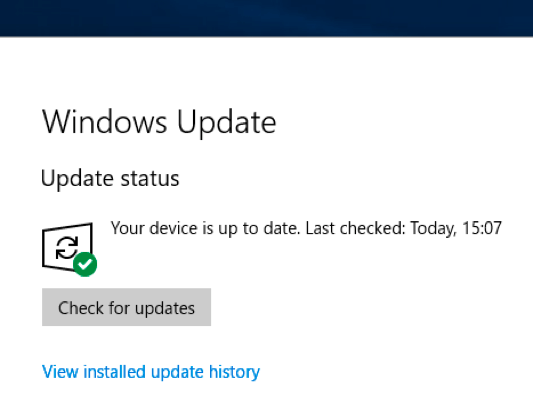| File Info | Description |
|---|---|
| File Size: | 68 kB |
| File Modification Date/Time: | 2020:03:04 14:22:35+00:00 |
| File Type: | Win64 EXE |
| MIME Type: | application/octet-stream |
| Warning: | Possibly corrupt Version resource |
| Machine Type: | AMD AMD64 |
| Time Stamp: | 1984:02:21 23:05:55+00:00 |
| PE Type: | PE32+ |
| Linker Version: | 14.10 |
| Code Size: | 27648 |
| Initialized Data Size: | 27648 |
| Uninitialized Data Size: | 0 |
| Entry Point: | 0x6e20 |
| OS Version: | 10.0 |
| Image Version: | 10.0 |
| Subsystem Version: | 10.0 |
| Subsystem: | Windows command line |
| File Version Number: | 10.0.16299.309 |
| Product Version Number: | 10.0.16299.309 |
| File Flags Mask: | 0x003f |
| File Flags: | (none) |
| File OS: | Windows NT 32-bit |
| Object File Type: | Unknown |
| File Subtype: | 0 |
| Language Code: | English (U.S.) |
| Character Set: | Unicode |
| Company Name: | Microsoft Corporation |
| File Description: | Mixed Reality Simulation |
| File Version: | 10.0.16299.309 (WinBuild.160101.0800) |
| Internal Name: | PerceptionSimulationDevice |
| Legal Copyright: | © Microsoft Corporation. All rights reserved. |
| Product Name: | Microsoft® Windows® Operating System |
| Product Version: | 10.0.16299.309 |
✻ Portions of file data provided by Exiftool (Phil Harvey) distributed under the Perl Artistic License.









